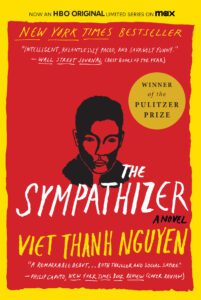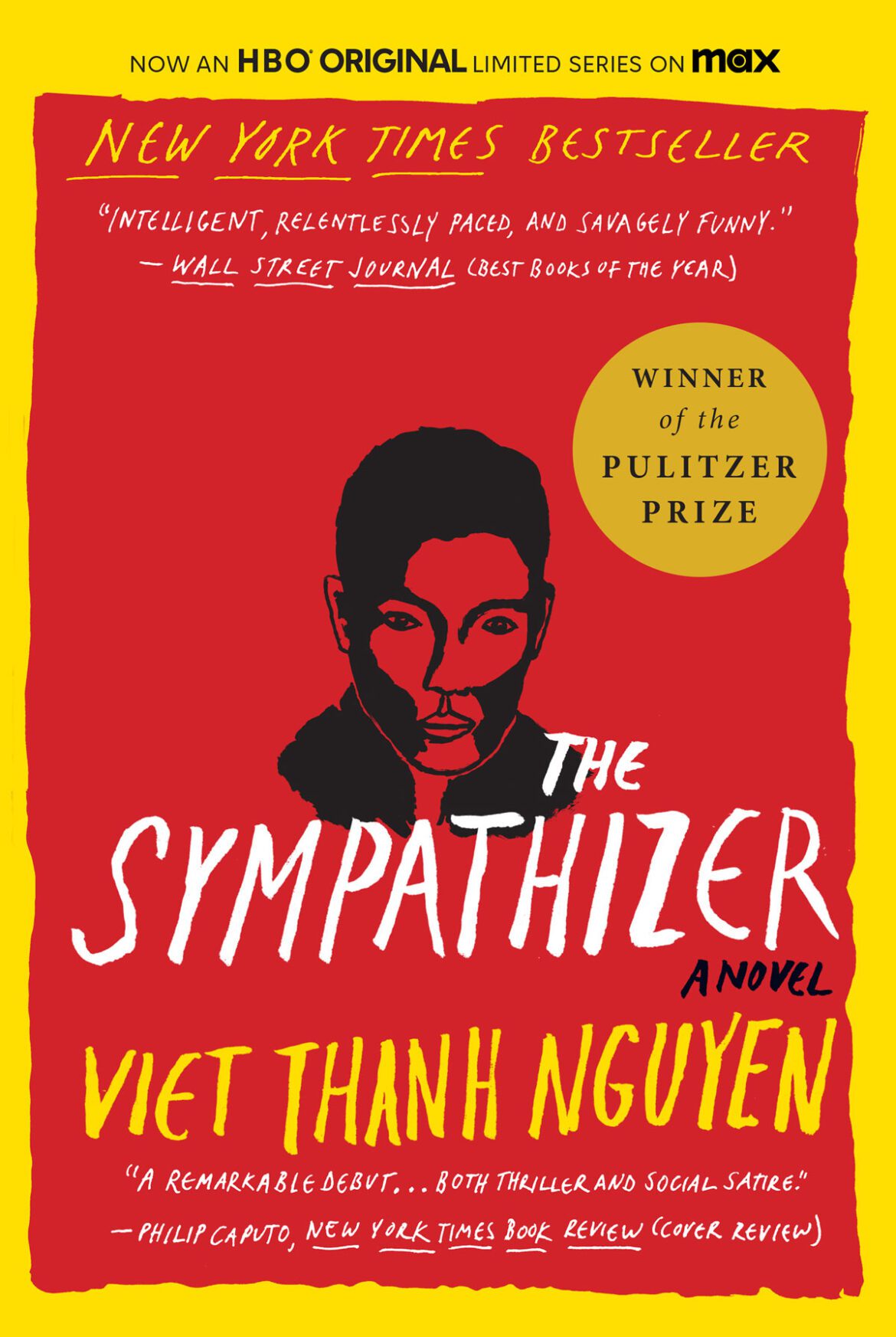
Author: Viet Thanh Nguyen
Publication Year: 2015
Length: 416 pages
Yessir, this one sat in the queue for quite a while. In retrospect, I’m not certain why. Maybe it’s the intimidation factor of reading a Pulitzer Prizer-winning novel. Looking back, this would make the seventeenth or so winner for fiction I’ve read, so it’s not as if it’s a foreign concept, but for some reason the whole Vietnam thing felt heavy. Even the fact the author, Viet Thanh Nguyen, had three names made things seem challenging. Turns out, all I had to do was read a synopsis of the novel and I probably would have attempted it years ago. Because this wasn’t historical fiction in the sense it was a thick, scholarly tome about the pretense to war and America’s political winds and whatnot. It’s really a personal story about a conflicted mole in the midst of a personal and political journey. Oh well, hindsight, am I right?
I will admit that I read this book in chunks. Well, dribs and drabs would be more accurate, really. And, in doing so, completely missed the narrative organizational structure of the thing. The entire story is set as a flashback, written by our nameless narrator from a communist prisoner camp where he is forced to write his story over and over again until he is… brainwashed? Cleansed of his Americanism? Re-educated to their way of thinking. Or, his original way of thinking, I guess. I’m not really sure how I managed to miss this whole framing, but I think perhaps I’m a little too focused on language and whatnot at the beginning of books and not on narrative structure. Or maybe I’m stupid. Could be either.
Look, I’ve already admitted to my dumbness. It’s no big secret. But this novel is not subtle in its message. The duality of man. The duality of the immigrant mind. The battle between fervor and comfort, orthodoxy and freedom of thought and action. As part of our narrator’s development as a spy for the North, he was sent from Vietnam to the U.S. as a college student. Already of mixed heritage (half Vietnamese, half French) and a “bastard,” he is constantly reminded of his outsiderism by the people of his homeland. But, in America, he’s not a “half-breed,” but just a foreigner. So, a singularity and not a duality. Which, in and of itself, makes for a more comfortable situation. And, of course, the US is the US and Vietnam is all about the cause. So, he comes back with what they hope is some info about The West and maybe a better idea of how to defeat it, but what he really returns with is a mastery of English and an appreciation for its freedom. Freedom from the orthodoxy and pressures of being a good communist. And the prison of being of mixed heritage (which, apparently, in Vietnam, makes him seemingly off-limits for marrying, etc.) Despite his best attempts and denials, his brain has already split.
We are reminded by our narrator, over and over again, about this duality. How he can be both loyal to the party and sympathetic to the democratic way of life. Of course neither side would agree to this insanity. After the fall of Saigon, he ends up back in the US, and along the way he needs to make calls to show loyalty to the deposed Southern general for whom he works in service of his spy cover, but also justify these actions in order to make himself feel he’s still a good communist furthering the cause. He goes off to be a consultant on a movie that sounds an awful lot like Apocalypse Now or Platoon ostensibly to show Vietnamese citizens in a good light. But isn’t being involved with Hollywood in any way just the pinnacle of American consumerism? Duality! Anyway, sometimes this is shown and sometimes the character just says it. Again and again. And sometimes the author uses kind of cringey descriptors. It’s weird. He’s clearly a good writer and a scholar, but there are some real clunkers in here that make me wonder where his editors were when he gets kind of juvenile with things.
Nguyen injects some humor into the novel, which is a welcome respite in a story that could have been all darkness and sadness. There are some over-the-top Americans, pompous military types and clueless stooges. This all does underpin some serious stuff, but it certainly is a memorable and dynamic cast of characters throughout. I do think the perspective Nguyen brings to the conflict and to immigrant life in my homeland, Los Angeles, is pretty eye-opening and certainly gave me a glimpse into a world I wouldn’t otherwise have access to. Though a little heavy-handed at times, the overarching narrative and themes are compelling and the book is way more readable than I expected for a period piece that won a major award. I do wish I’d been more consistent with my reading with this in order to keep up the momentum, but I think if you’re able to spend the time, the novel is, overall, a rewarding and memorable read.


